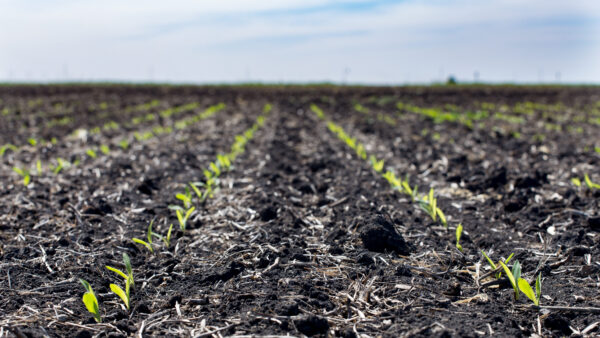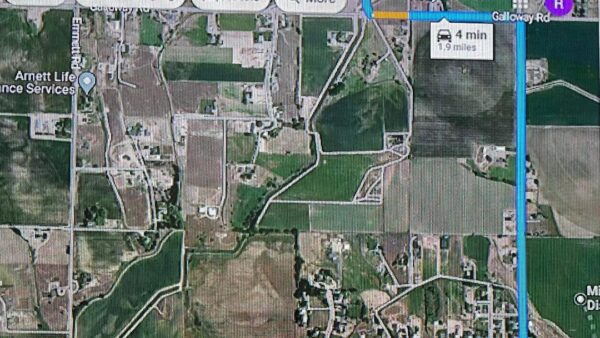When I was asked to write a short piece for Giant Views I thought I would look backward for a moment before I looked forward.
I am a big believer in living on dreams and not memories, but I thought it would be fun to see how good my crystal ball has been in the past. So, out of the time capsule I pulled out a speech I gave in 1985, soon after I started AgriCapital, to the American Society of Agricultural Consultants to address the issue of Tomorrow’s Financial Challenges, including some thoughts on the need to be properly capitalized.
To those old enough to remember the mid-80s, it was a period of turbulence and uncertainty. After the “Golden Age” of the 70s, a perfect storm enveloped agriculture resulting in implosion of land prices (Class I Piatt County, Ill.—land for $1,800 per acre) and a farm credit system bailed out by the federal government.
Everybody I knew had seen the movie Country and was sure it was the end of farming in the United States. Being a bit of a contrarian, I felt as optimistic as anyone I knew and predicted a dramatic increase in land prices. Not that I knew much, but, perhaps, I had a better perspective. Having grown up in Lebanon, Ind., I knew what bad news was, and those farms in the Heartland certainly looked wonderful.
Some of my suggestions were sophomoric (the benefits of technological improvements such as “gene splicing and modifications”) and some were quaint (“get a PC!”). The key was the need to be adequately capitalized, which I defined as when your banker calls up to invite you to lunch. And which brings me to the present.
We now live in an age where agriculture is as exciting an industry as there is. Everyone understands the critical nature of having to double food production in the next 40 years in order to feed a world population that will rise from 6.5 to over 9 billion people. The tide is rising for agriculture, but that does not mean life will be any easier for the various industry players, such as seed, feed and grain companies. In fact, life over the next 25 years will be as challenging as it has ever been with unrelenting and unforgiving change.
So many of the drivers we have been experiencing in the past decade will be felt even more strongly. Technology will continue to rule and influence the food chain across the board. Imagine the benefits we have experienced in seed thanks to technology and multiply it a hundredfold as you look down the chain. Globalization will continue on its accelerating path and, before long, global economic considerations will trump any attempt by governments to control the industry. Just as importantly, the consumer will be casting votes that will resonate all the way up the chain.
How to survive? Hire the best prognosticator with the shiniest crystal ball? Not really, as no one can successfully predict the future. The way to survive is a mindset: be adaptable. Anticipate and welcome change. And the best insurance? Be adequately capitalized, and your banker will call you up to invite you for lunch!












